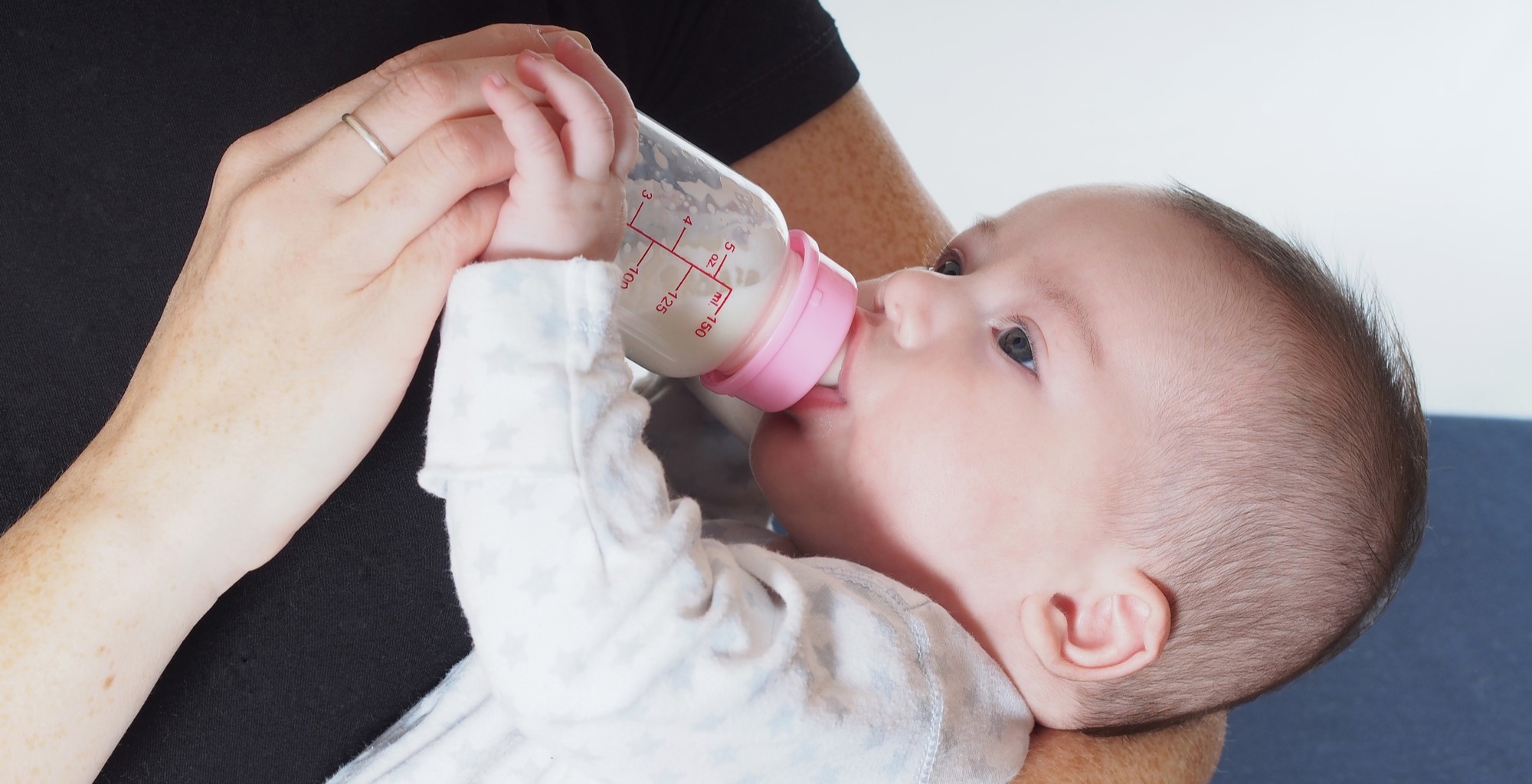This measure evaluates the teacher’s ability to actively encourage children to communicate by asking questions and initiating conversations throughout the day. It also analyzes how the teacher encourages the children to speak more by asking follow-up questions and using encouraging prompts to elicit responses. During reading sessions, the teacher should not read a section of the book without pausing or paying attention to the children. Instead, the teacher should pause to ask questions about the objects or characters in the book and what the children think, allowing them to comment or ask questions before continuing.
Category: Category 2: Teacher-Child Interactions
Subcategory: Language Facilitation and Support
Examples
In this section you will find videos, images, and/or documents that can be used to better understand this measure. These examples can also be used in conversations between mentors, directors, and/or teachers to discuss how the program's current practices compare to these examples.
Video Example
In this video exemplar, the teachers asks the infant questions about the objects in the book and the outdoor learning environment. labeling objects in the book and within the outdoor learning environment. Teachers can initiate conversations with young children by asking a variety of questions during activities and routines.
Age(s): Infant
Video Example
In this video exemplar, the teacher asks questions to offer the child a choice on how to throw the ball. Teachers can initiate conversations with young children during play, routines, and structured activities by asking a variety of questions.
Age(s): Toddler
Video Example
This learning module from the WGBH Educational Foundation highlights the opportunities toddler and preschool classroom teachers have to communicate with children. The module includes a video and a series of reflective questions for teachers to consider how to initiate conversations with children during activities and daily routines.
Age(s): Toddler, Preschool
Video Example
The video of the learning module gives teachers ideas and suggestions on how to use complex language and vocabulary during conversations with children throughout the day. The module includes a video and a series of reflective questions for toddler and preschool teachers to initiate conversations with children by asking a variety of questions and using complex vocabulary.
Age(s): Toddler, Preschool
Video Example
During this whole group activity, the teacher asks the children questions and prompts them to moveparts of their body. Teachers can initiate conversations with young children by asking questions during whole group activities.
Age(s): Toddler
Video Example
While reading a book, the teacher pauses to ask the children to show her how they slumber. Teachers can initiate conversations with young children by asking questions during play, mealtimes, routines, and planned activities.
Age(s): Preschool
Video Example
While reading a book, the teacher pauses to define what it means to slurp. She then asks the children to show her how they would slurp. Teachers can initiate conversations by asking questions and giving children prompts during play, mealtimes, routines, and planned activities.
Age(s): Preschool
Video Example
During the Star Student Interview, the teacher gives a few children the opportunity to ask a peer a question. Teachers can encourage children to communicate with teachers and peers by asking questions and providing instructions or prompts during planned activities.
Age(s): Preschool
Video Example
In this video exemplar, the teacher shows a picture of children building a sand castle on a beach. She then asks the children how they would build a sand castle. Teachers can initiate conversations with children by asking questions to encourage critical thinking during activities and daily routines.
Age(s): Preschool
Video Example
In this video exemplar, the teacher asked the children a variety of closed-ended and open-ended questions while reading the story. Even during structured, or planned, activities, teachers can initiate conversations with children by asking questions.
Age(s): Preschool
Practice Opportunities
These resources include tips, strategies, activities, or specific tools related to this measure that programs can put into practice.
Activity
In this activity, the caregiver will engage an infant in a “conversation.” Caregivers can actively encourage babies to “talk” by asking questions, having conversations, and responding to vocalizations across a variety of activities, routines, and contexts.
Age(s): Infant
Activity
In this activity, children identify and draw items they find on a nature walk. As the teacher visits each group of children, they can encourage children to communicate by asking them about the items they find or the details in their drawings. The teacher can also answer children’s questions.
Age(s): Preschool
Publication
This publication gives teachers ways, such as asking open-ended questions, to promote children’s oral language development throughout the day. Teachers can initiate conversations with children by asking a variety of questions during activities and routines.
Age(s): Infant, Toddler, Preschool
Publication
Mealtimes–breakfast, lunch, snack, or dinner–are an opportunity for teachers to communicate with children. This resource gives a list of “conversation starter” questions and recipes to support teachers in having meaningful conversations during meals.
Age(s): Infant, Toddler, Preschool, School-age
Publication
This publication from PennState Extension provides some examples of thoughtful questions and phrases teachers can use in conversations with children to encourage critical thinking. Teachers can initiate conversations with children and facilitate learning by asking a variety of questions during activities and routines.
Age(s): Infant, Toddler, Preschool, School-age







